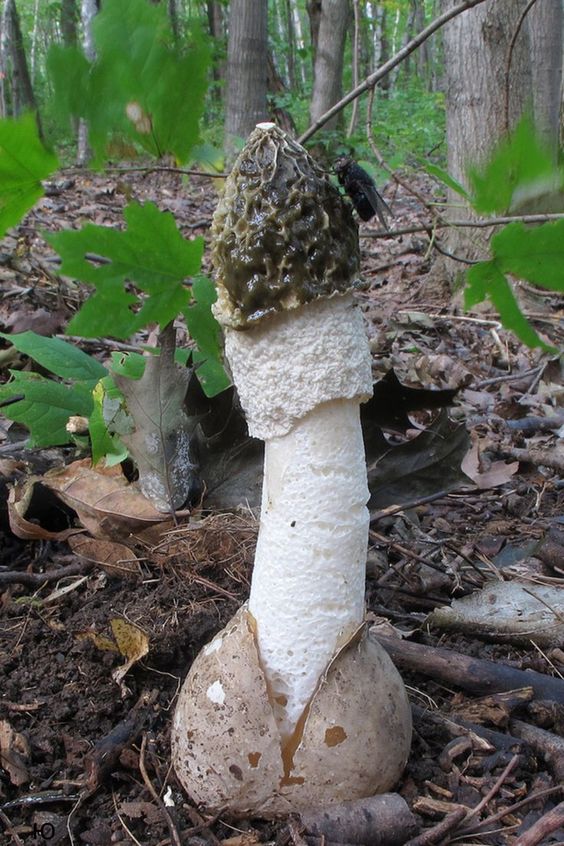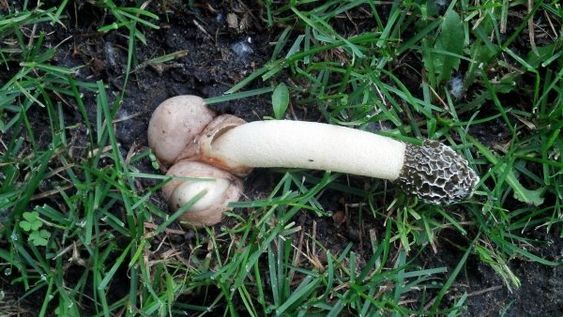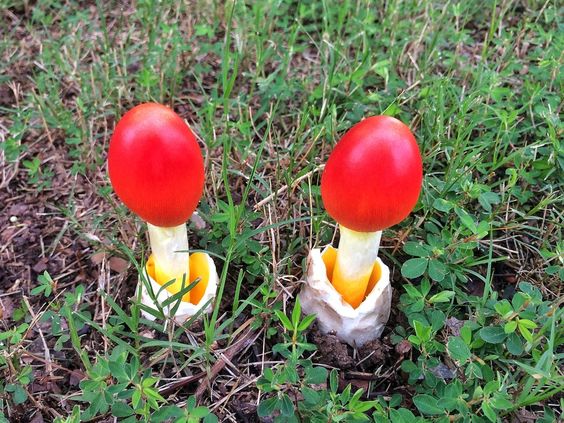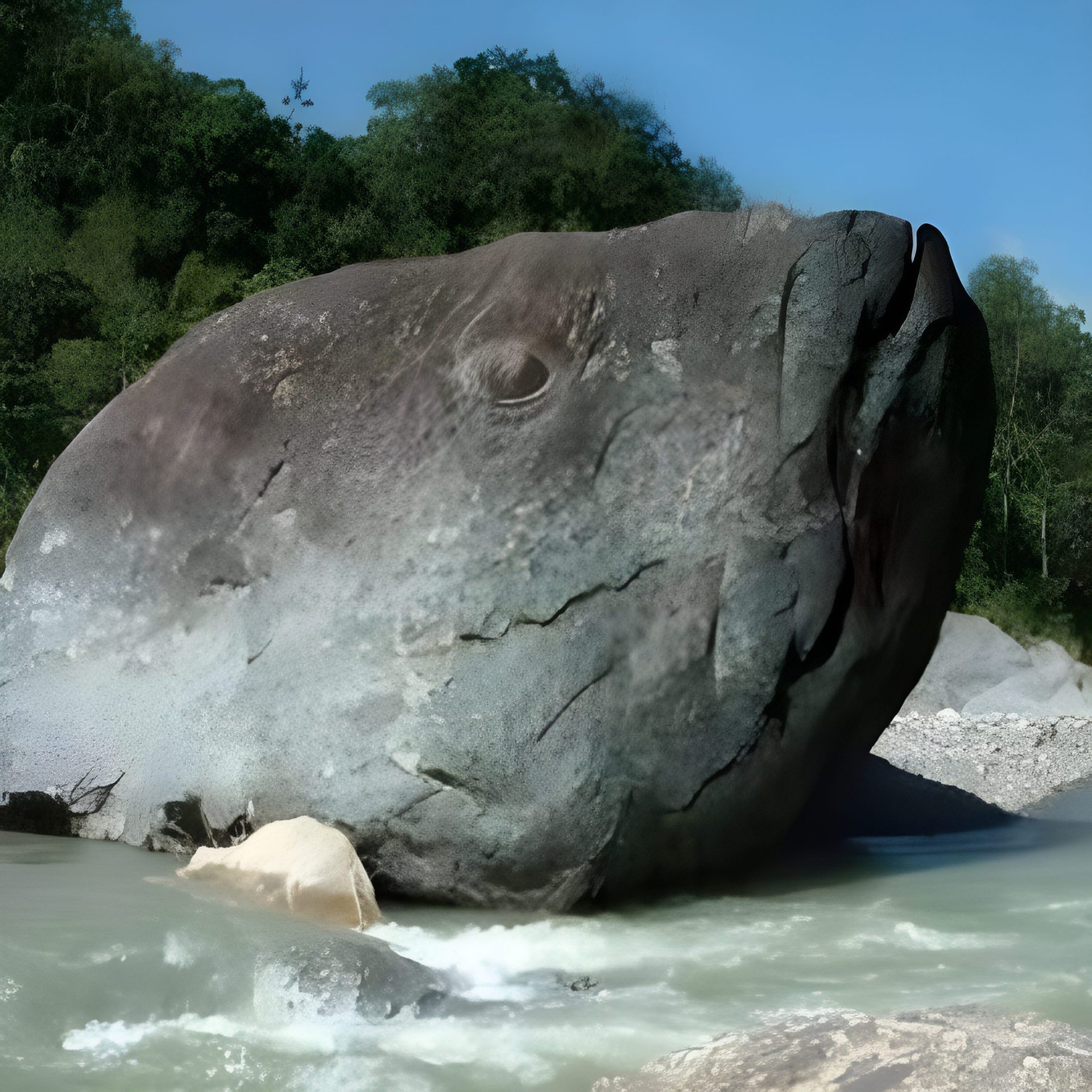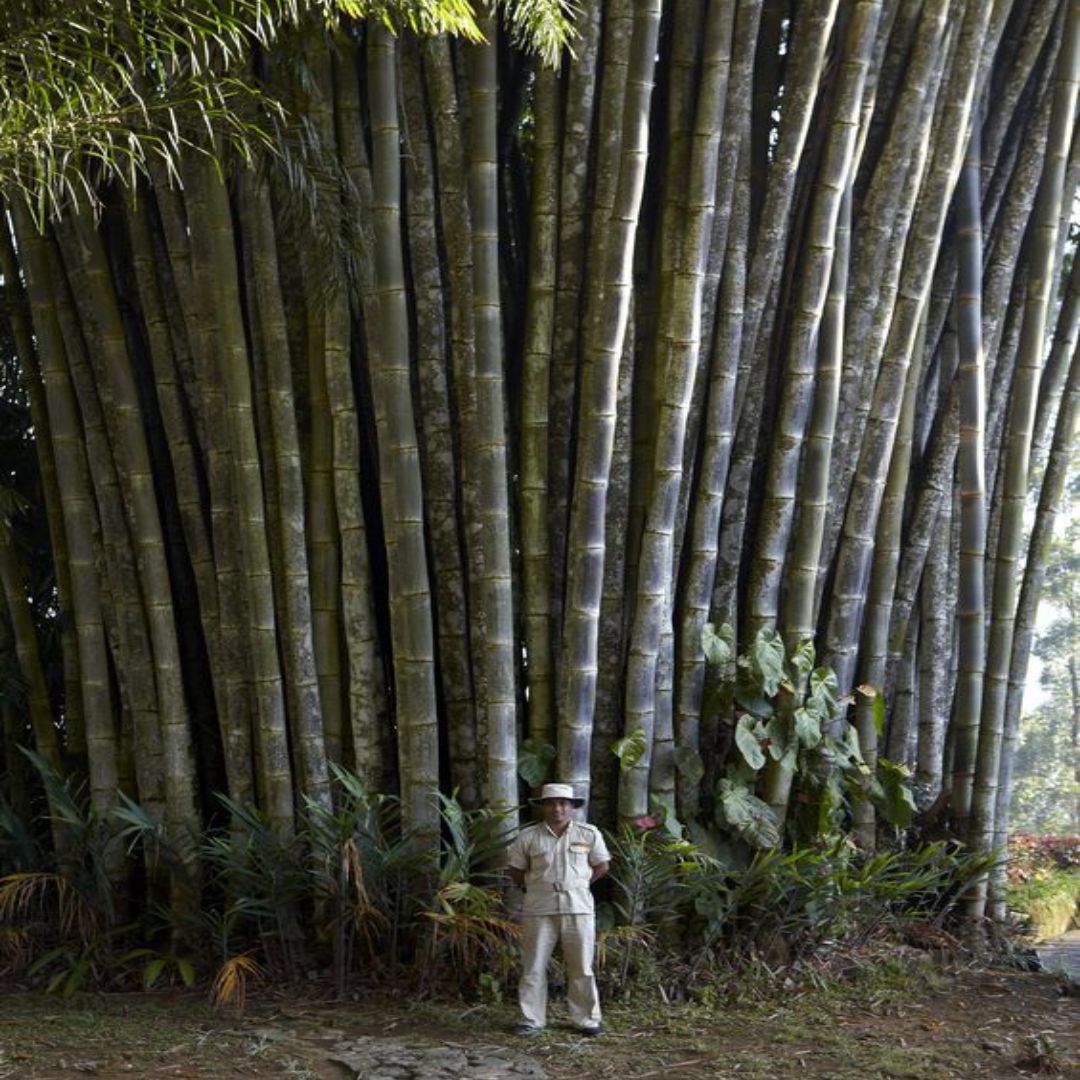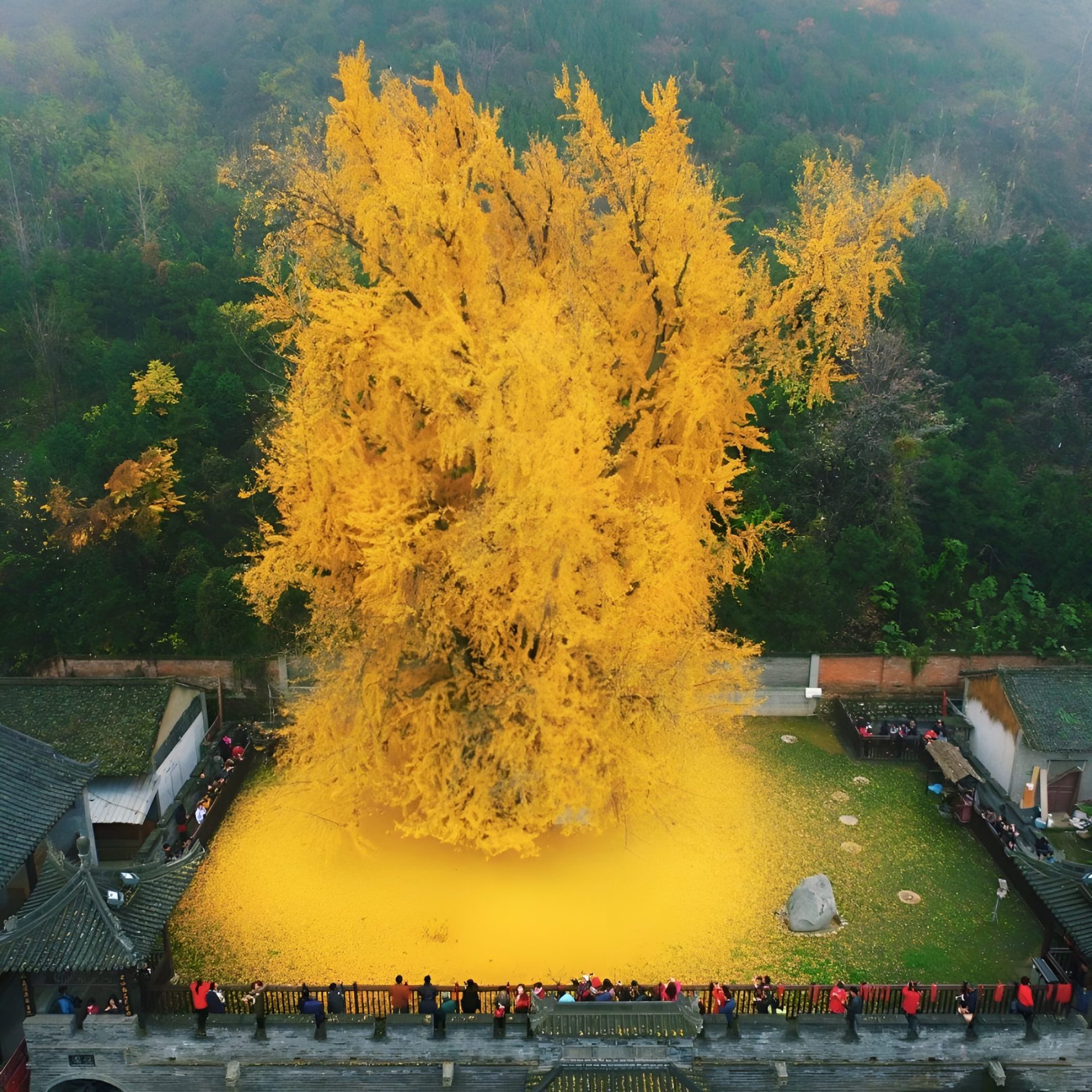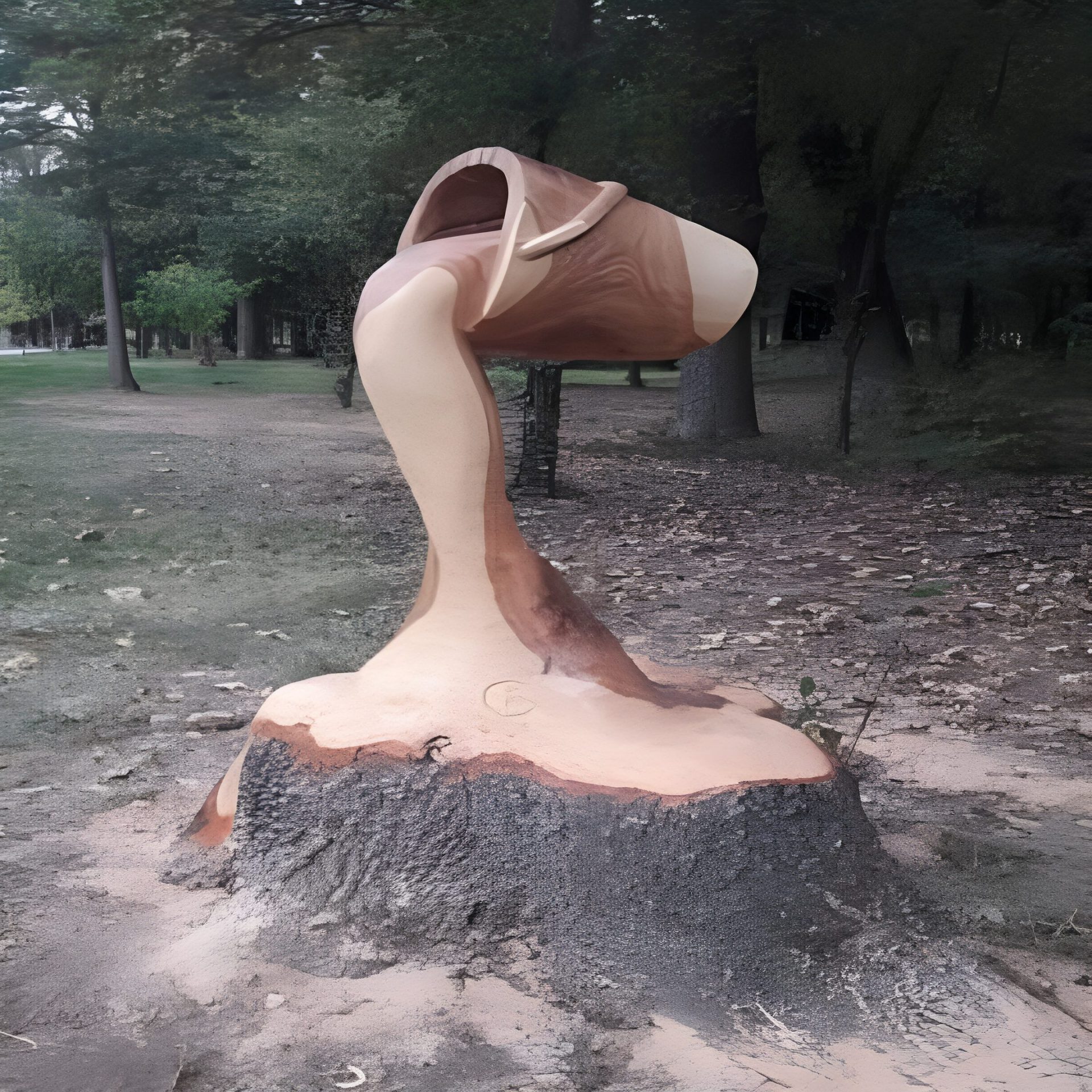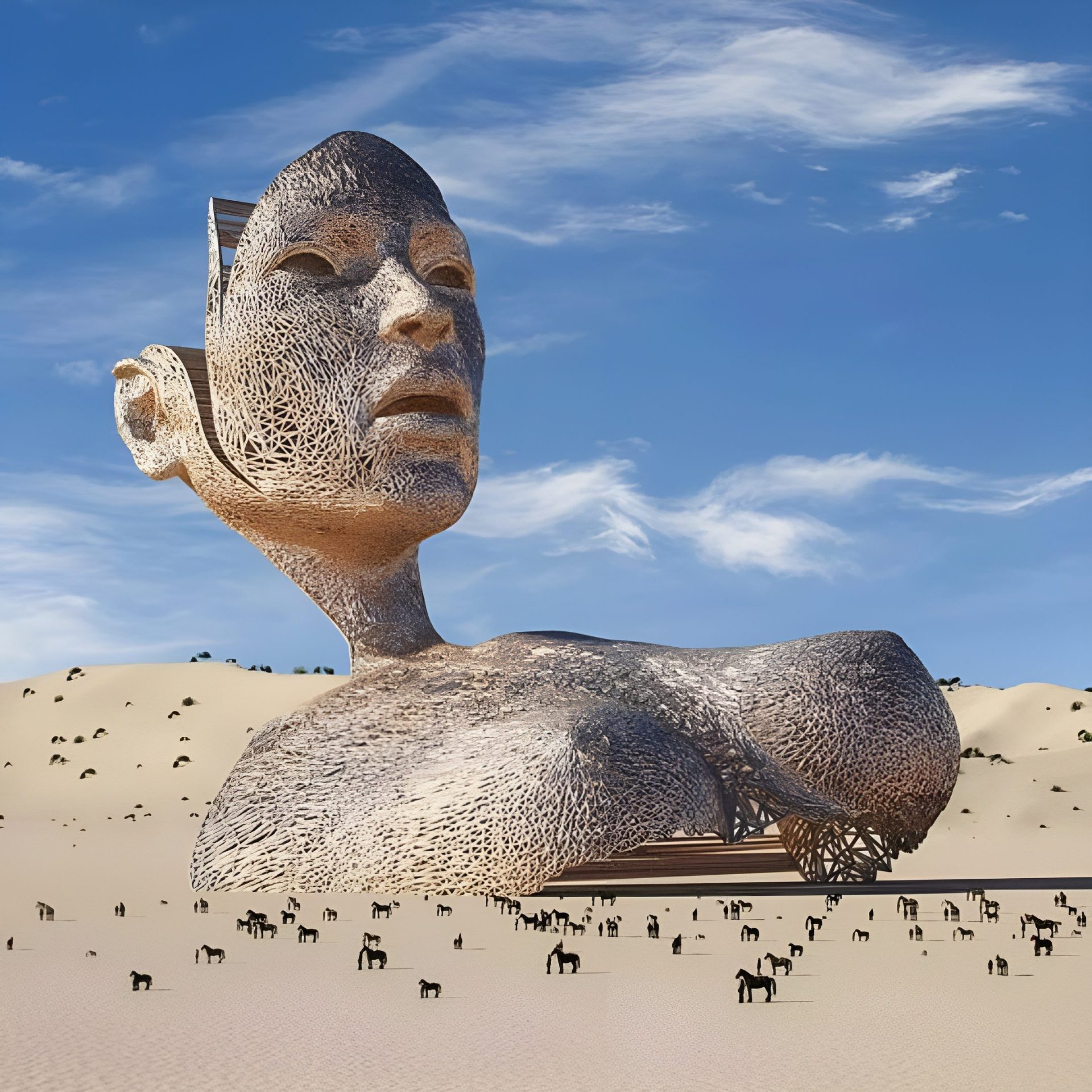Mushrooms, with their unique and captivating characteristics, inhabit a kingdom of their own in the natural world. These extraordinary organisms, often overlooked and underappreciated, play vital roles in ecosystems and offer a myriad of benefits to humans. In this article, we will delve into the fascinating world of mushrooms, exploring their diverse forms, ecological importance, culinary delights, and potential medicinal properties.
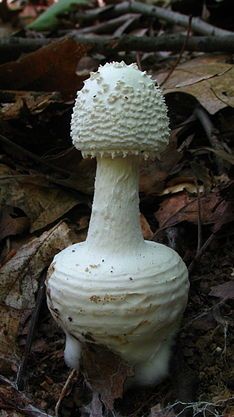
- Diversity and Adaptability: Mushrooms, belonging to the fungi kingdom, display an astounding diversity of forms, colors, and sizes. From the familiar button mushrooms to the exotic and intricate species found in forests, mushrooms come in countless variations. They adapt to various environments, thriving in forests, grasslands, and even on decaying matter, showcasing their remarkable resilience.
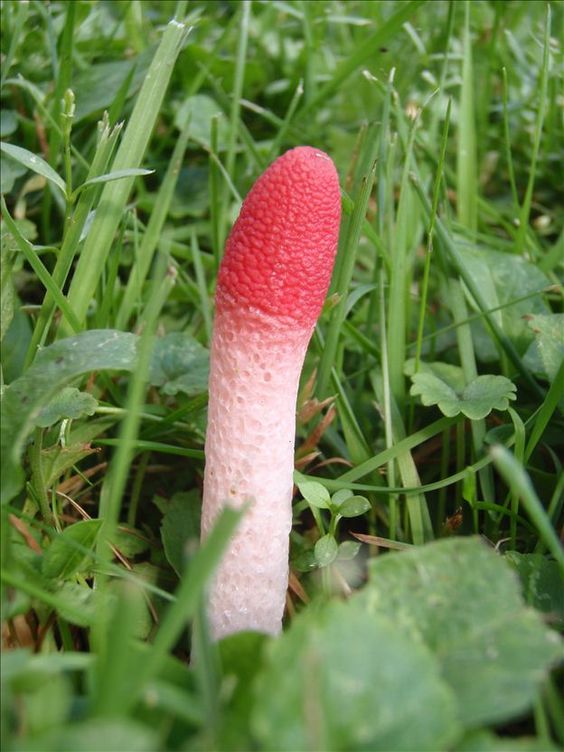
- Ecological Roles: Mushrooms play crucial ecological roles as decomposers and symbiotic partners. Decomposer mushrooms break down dead organic matter, recycling nutrients back into the soil and contributing to the cycle of life. Mycorrhizal mushrooms form symbiotic relationships with plants, aiding in nutrient absorption and enhancing plant health. These vital functions make mushrooms integral to maintaining ecosystem balance.
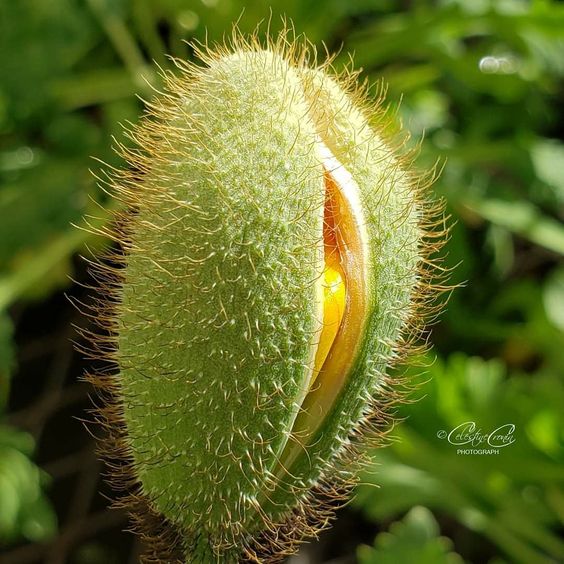
- Culinary Delights: Mushrooms have long been cherished for their culinary value and diverse flavors. From the earthy richness of Portobello mushrooms to the delicate umami taste of shiitake mushrooms, these fungi add depth and complexity to countless dishes. Mushroom enthusiasts and chefs alike explore the vast array of culinary possibilities, from simple sautés to complex gourmet creations.
